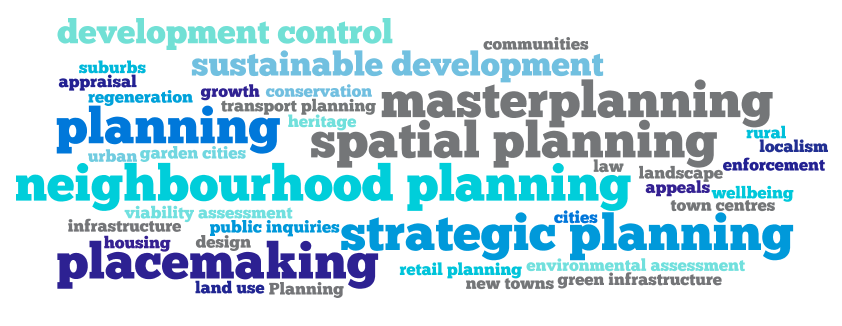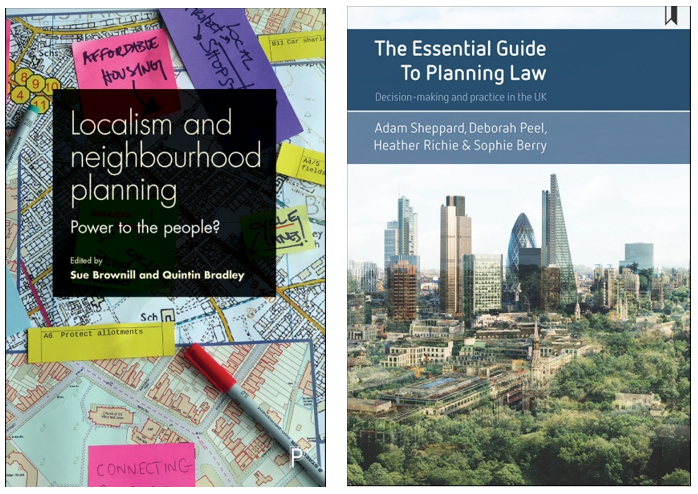 Anyone who reads our blog will know that our research team care about supporting the use of evidence in practice, whether that’s in social services, in housing, or in planning. And one of the unique resources we have to help do this is our very own library!
Anyone who reads our blog will know that our research team care about supporting the use of evidence in practice, whether that’s in social services, in housing, or in planning. And one of the unique resources we have to help do this is our very own library!
Created over forty years, there are more than 60,000 books and reports in the library collection, as well as hundreds of different journal titles. Our members can borrow any book from our collection via a postal loan service – offered free as part of the organisational membership subscription to our Idox Information Service.
While quick reads – such as the briefings written by our own team – will always be popular given the pressures on people’s time, there’s still a place for real books. Many organisations use membership of our service as a way to support their staff’s CPD – whether that’s informal personal development or supplementary support for staff doing formal courses or degrees.
Supporting professional CPD
We’re regularly adding new books to our collection and two that caught my eye recently are in the field of planning. We’ve a lot of members who work in planning across the UK, including the RTPI (Royal Town Planning Institute) themselves, and as a profession, planners commit to maintain and develop their expertise through Continuing Professional Development.
Using our book loan service is one way that our members can access new publications and stay up-to-date with current thinking in their sector.

- Localism and Neighbourhood Planning
Neighbourhood planning was one of the rights and powers introduced under the Localism Act of 2011, and was expected to offer ” a new way for communities to decide the future of the places where they live and work”. Six years on, a new book edited by Sue Bronhill and Quintin Bradley, reflects on whether neighbourhood planning has succeeded in increasing democratic engagement with the planning system.
In particular it examines how localism has played out in practice, especially given the legal and technical skills that are required in planning. As well as exploring the situation in England, the book also looks at how multi-level governance is being applied in the other parts of the UK and in countries such as Australia and France.
It raises interesting questions about whether neighbourhood planning has changed the institutional structure of planning and the power relations involved. It also asks whether an even more progressive form of localism within planning might emerge.
- Essential Guide to Planning Law
With the planning systems and law devolved within the UK, a book which provides an overview of how practice differs in each nation is much needed. This book covers all the core areas, from development management, planning conditions, planning control and enforcement. It also addresses the planning arrangements in specialist areas such as minerals planning, waste planning and marine planning.
The book serves as a useful reminder of how and why planning decisions are made, and the legal frameworks that underpin planning practice.
The Idox Information Service
As Dr Mike Harris, Deputy Head of Policy and Research at the Royal Town Planning Institute, has said, it’s important that the planning profession is able to access and use evidence and research.
“Research and theory can help to lift the perspective of practitioners beyond the day-to-day demands of the job, to provoke reflection and discussion about the wider social purposes and values of planning. It can also help us better to defend planning from those who would seek to erode it further.”
Our members include policy makers and practitioners from organisations including local authorities, central government, universities, think tanks, consultancies and charities. They work in challenging environments and often need evidence to inform service delivery or decision-making.
Get more information on membership here or contact us to arrange a free trial of our service for your organisation.
Share
Related Posts
By Ian Babelon A new-old concept for proximity “Are we there yet?” Parents may patiently nod to their children’s insistent nudges on a 20-minute journey to… somewhere. Quite rightly, researchers have asked: twenty minutes to what? The answer may well ....
Following the adoption of National Planning Framework 4 (NPF4) at the end of February, the Scottish planning system and planning services are dealing with transitioning to a development plan system without statutory supplementary guidance and where the relationship to current ....
By Ian Babelon In the first part of two blog posts, published on 22 May, Ian Babelon provided examples of good practice in retrofitting social housing. The second part of this blog post looks at estate-wide and area-wide social housing ....

